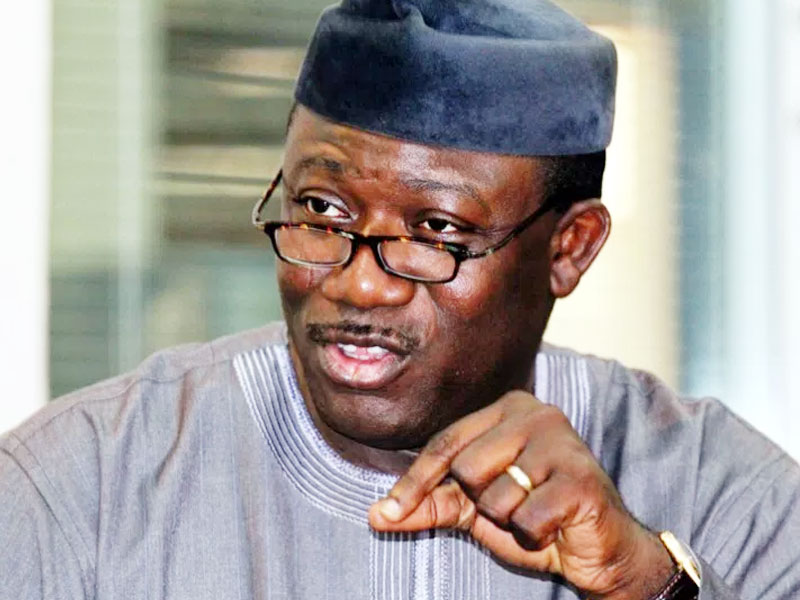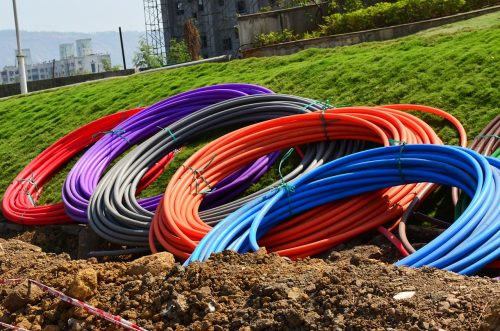The Governor of Ekiti State, Dr Kayode Fayemi has signed an executive order drastically reducing the Right of Way (RoW) charges on telecommunication infrastructures from N4, 500 to N145 per meter in the state.


According to the order, the reduction was in line with governments policy to accelerate the deployment and adoption of affordable, reliable and modern high-speed connectivity in the state.
RoW in Nigeria
In 2013, the National Economic Council (NEC) reached an agreement to unify the Right of Way charged across the country to N145.00 per linear meter of fibre. The Right of Way charge is paid to state governments to approve the passing of broadband fibre cables through their domains.
However, state governments failed to comply with the regulation. Earlier this year, about 14 states including Lagos hiked the RoW charges on Telecoms infrastructure.
Recommended read: How State Govts are Hindering Penetration With Obnoxious Right of Way Levies
Although, the Minister of Communication and Digital Economy, Dr Isa Pantami said he wrote to the state governments on the need to comply approved charges, some states went on to increase the cost of RoW from the initial fee of between N300 to N500 to between N3,000 and N6,000 per metre.


In Lagos, the RoW was increased from N500 per meter to N5,000 per meter. However, the cost of RoW on federal roads remain N142 per metre.
The Ekiti state government has however seen the long term benefit of broadband connectivity and has taken the initiative of becoming the first state in the country to comply with the National Economic Council (NEC) approved charges for broadband.
Implication
The reduction of RoW charges means the cost of broadband penetration in the state will reduce drastically as laying 1 km of cable will now cost about N145,000 as against the N4.5M previously paid.
This would attract telecoms to prioritize laying cables in the state especially with most of the state having hiked their charges.
With an increase in broadband connectivity, the state would be able to increase economic prosperity by attracting new businesses, local and foreign investors, and facilitating access to the digital marketplace among others.
According to the Special Adviser Investment, Trade and Innovations, Mr Akin Oyebode, Ekiti hopes to achieve full broadband penetration by 2021.
Currently, Nigeria’s broadband penetration stands at 38% with FG planning to increase it to 65% by 2024. For this to be possible, more states have to follow the Ekiti state initiative of reducing RoW for long term benefit instead of the immediate profits they seek to gain with their high charges.






